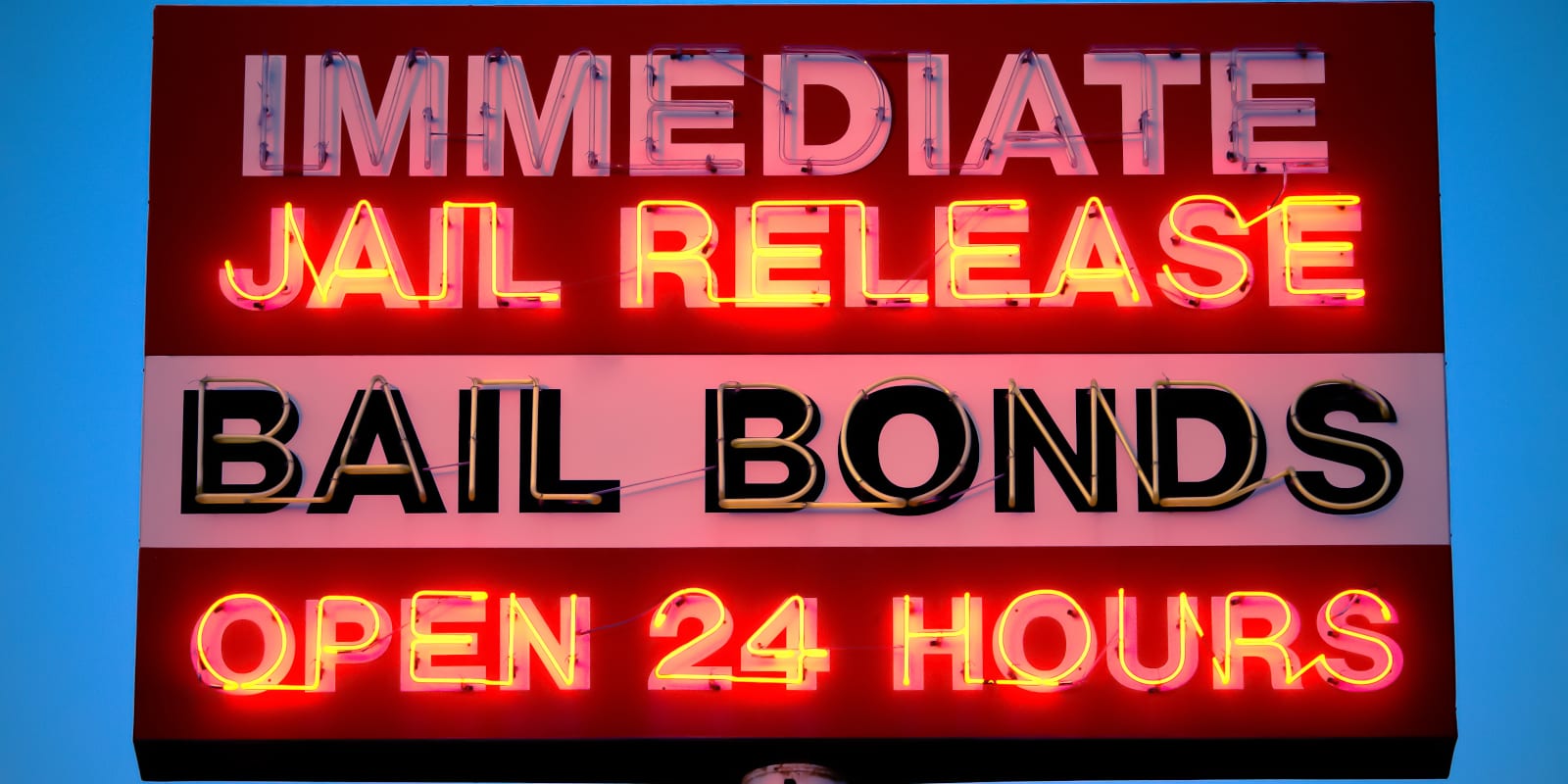[Immediate bail bonds. Photo: Thomas Hawk] A bail bond refers to an amount that must be paid to temporarily or permanently guarantee the release of a person in jail. This bail bond, of course, only applies to offenses that are considered bailable. Depending on the severity of your case and other factors involved, the amount of the bail bond can differ.
In Colorado, state laws consider various factors such as employment status, financial status, and the past criminal history of the offender. That said, read more below to learn more about the details, terms, and conditions that you need to know about bail bonds in Colorado Springs, and how they work in general.
A Bail Bond Is Possible Through A Bondsman Or An Agent

When you need to post bail bonds in Colorado Springs for an offense you’re charged with, you can obtain this bond through a guarantor or a bond agent. This refers to an individual or a corporation who is in the business of acting as a surety for the providing of bails.
The surety granted by the bondsman is in exchange for a sum of money, or even property in some cases, by the offender or the bail applicant. After the bondsman or agent processes the bail, the offender is released in a few hours.
A Bail Has Legal Basis For Its Existence And Purpose

At the outset, it may seem as though bail is unfair, especially for the opposing party since they have been aggrieved. But bails do have a legal basis and purpose, and is founded on the principle of due process and justice.
Once an arrest has been made pending trial and pending final judgment or sentence, the offender cannot be considered guilty beyond a reasonable doubt. It is entirely possible that the offender would turn out to be an innocent person. Thus, being in jail can make it more difficult for them to prepare for the trial and prove their innocence. It is for this very reason that bails exist.
Take note that bails aren’t for a permanent release. The offender will remain in the custody of the law, though not physically.
A Judge Is The Person Authorized To Set A Bail
When you are held in custody for an offense that you committed, it is only the judge who is the person authorized to set bail. This is usually done on a scheduled hearing, whereby the judge determines the proper amount and standing of the bail. In most instances, this hearing occurs within 48 hours after your arrest.
A Collateral May Be Required In Addition To The Bail Bond
In essence, posting bail is not paying for the release of a person that has been arrested, as the freedom they enjoy is limited. Instead, the bail acts as a surety to ensure that the bail applicant continues to appear in the subsequent trials of the case.
To further guarantee this, the bail bond company may sometimes request for the bail applicant to have additional collateral in place. The collateral should have a value that is equal to the amount of the bail bond that was paid for by the bondsman or agency on behalf of the defendant.
If the defendant or the bail applicant flees, fails to appear in court or goes into hiding, the courts will forfeit this bond. Hence, in the same manner, the collateral is also forfeited in favor of the bailing company, agent, or bondsman.
On the other hand, when the courts have already decided on the final judgment, and the bail bond is exonerated, the collateral will also be returned. However, this can only be processed once the bond release documents are submitted to the agent.
A Release On Bail Has Five Different Types
In Colorado, there are five different types of release bonds that an offender can file. These include:
- Cash Bail: This means that the bail applicant or offender has to give to the court the total amount of the bail in cash.
- Surety Bond: This is the process of presenting an undertaking that is guaranteed by an insurance company to show assets that are of equal amount to the cash bond.
- Property Bond: Whereby property is presented to the court by the offender or bail applicant himself in place of cash.
- Release On Personal Recognizance: This is a pre-trial release program for applicants who can guarantee their recognizance in court without the need for cash.
- Release On Citation: Whereby an arresting officer orders the release through the issuance of a citation that states that the defendant released must appear in court on a specified time and date.
With these different types of bails and releases to choose from, the offender as well as the courts in Colorado Springs need only to select one which is most applicable to the case at hand.
How Much Is Usually Paid For Bail Bond Agents?

Bail bond agents are companies or individuals that are in the business of paying for the bail of the defendant or the bail applicant. This service, however, doesn’t come for free. On top of the bail amount, the bail bond agent reasonably adds to the amount in the form of a percentage for the service they are providing.
In Colorado, the bail premium fee is either 15% of the bail amount or a minimum of $50. This percentage isn’t fixed, however. Typically, when the bail amount is higher, the premium or fee asked for by the bond agent tends to go lower. So, this amount can even go as low as 10% of the total amount asked for. In addition to these amounts, you will also have to cover the court filing fees of your bond. In Colorado, this amount ranges from around $5 to $50.
Conclusion
Posting bail is an opportunity to secure the freedom or liberty of a criminal offender that has been arrested. The money or the bond paid is a form of security that assures the court of the continued appearance of the offender in hearings until the final judgment of the case is heard. The bail is a sum paid in exchange for not having to stay in the custody of the law or the hands of police officers.


 5 Ways Colorado is Fighting Back to Prevent Cancer
5 Ways Colorado is Fighting Back to Prevent Cancer